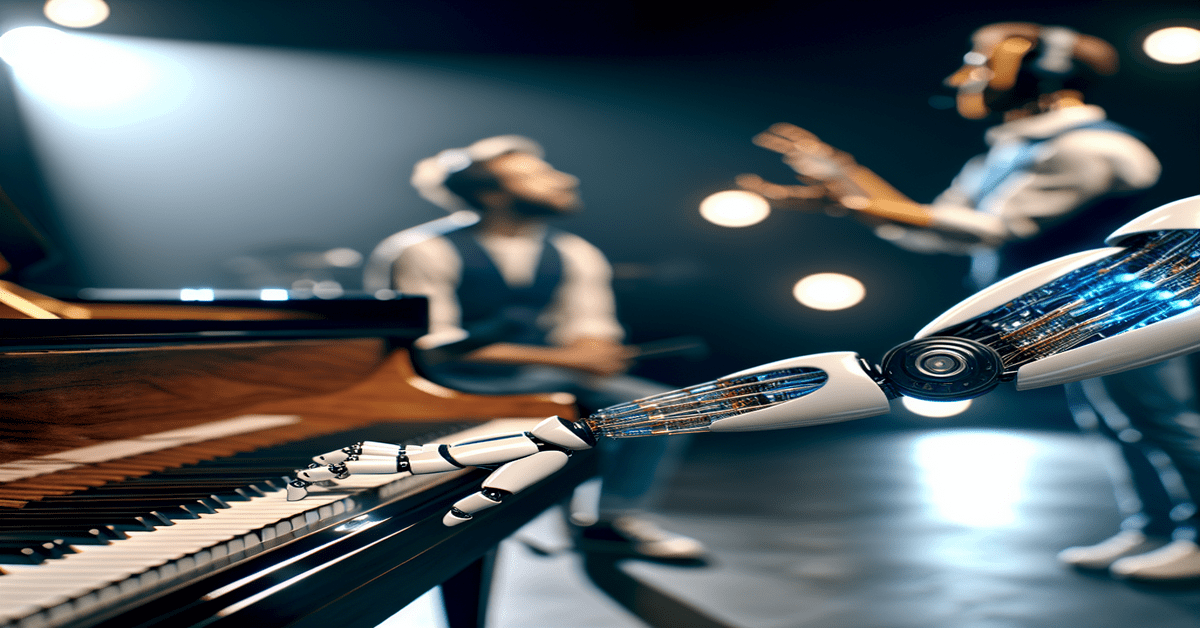Paul McCartney’s Warning: The Ethical Implications of AI in the Creative Industry
In a recent article by Reuters, Paul McCartney, the iconic musician from The Beatles, has sounded the alarm on the potential misuse of artificial intelligence (AI) in the creative industry. As AI continues to advance at an unprecedented pace, McCartney’s concerns highlight the growing need for policymakers to address the ethical and legal implications of this technology, particularly in relation to the rights of artists.
The Rise of AI in Creative Fields
In recent years, AI has made significant strides in various creative fields, from music composition to visual art generation. While these advancements have opened up new possibilities for artists and content creators, they have also raised important questions about the role of AI in the creative process and the potential for exploitation.
One of the primary concerns surrounding AI in the creative industry is the ability of these technologies to generate music, artwork, and other creative works without proper **attribution** or **compensation** to the original creators. This has led to fears that AI could be used to **exploit** artists by essentially “ripping off” their work and profiting from it without giving due credit or financial compensation.
The Need for Stronger Protections and Regulations
To address these concerns, McCartney has called on the UK government to implement stronger protections and regulations to ensure that artists are not unfairly taken advantage of by AI technologies. This could include measures such as:
1. Establishing clear guidelines for the use of AI in creative fields
2. Requiring proper attribution and credit for artists whose work is used to train AI models
3. Ensuring that artists receive fair compensation for the use of their work in AI-generated content
4. Implementing mechanisms for artists to challenge the misuse of their work by AI systems
By putting these protections in place, policymakers can help to create a more equitable and sustainable ecosystem for artists in the age of AI.
The Broader Implications for the Creative Industry
McCartney’s warning is not just about the potential misuse of AI in music, but rather a broader call to action for the entire creative industry. As AI continues to advance and become more integrated into various creative fields, it is crucial that we have open and honest conversations about the **ethical implications** of this technology.
Some key questions that need to be addressed include:
– How can we ensure that AI is used to enhance and support the creative process, rather than replace or exploit human artists?
– What role should human creativity and intuition play in the development and use of AI in creative fields?
– How can we foster collaboration between artists and AI developers to create new forms of expression and push the boundaries of what is possible?
By engaging in these discussions and working together to find solutions, we can help to shape the future of AI in the creative industry in a way that benefits everyone involved.
The Way Forward
As we navigate the challenges and opportunities presented by AI in the creative industry, it is essential that we approach this technology with a mix of excitement and caution. While AI has the potential to revolutionize the way we create and consume art, we must also be mindful of the risks and work to mitigate them through clear guidelines, regulations, and ongoing dialogue.
By heeding Paul McCartney’s warning and taking proactive steps to address the ethical implications of AI in the creative industry, we can help to ensure that this technology is used in a way that **respects the rights of artists**, **fosters innovation**, and **benefits society as a whole**. It is up to all of us – policymakers, artists, developers, and consumers – to shape the future of AI in the creative industry and build a more equitable and sustainable ecosystem for all.
#ArtificialIntelligence #CreativeIndustry #ArtisticRights
-> Original article and inspiration provided by Reuters
-> Connect with one of our AI Strategists today at Opahl Technologies


